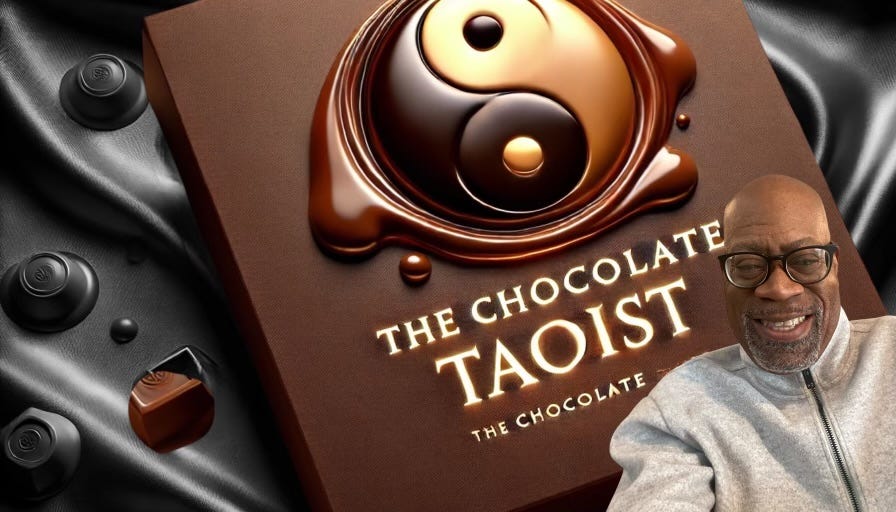In 2020, my life was forever altered when my daughter, who had transitioned to become my son, unexpectedly became estranged from me.
The pain of estrangement is like trying to push a beach ball under water—no matter how hard you try to suppress the emotions, they rise back up, demanding to be acknowledged.
This analogy resonates deeply with me, as the grief, confusion, and yearning for connection have surfaced repeatedly despite my attempts to hold them at bay.
It’s a sobering reality, one that forces you to confront not only the pain of estrangement but also the deeper currents of unresolved issues that lie beneath.
The Beach Ball and the Unconscious
Carl Jung spoke often of the unconscious, likening it to a vast ocean beneath the surface of our awareness.
The beach ball, in this context, represents those repressed emotions and unresolved issues we often avoid addressing—fears of inadequacy as a parent, the shame of perceived failure, or the grief of a connection severed too soon.
When my child stepped into their authentic self and transitioned, it opened a space for new beginnings. But estrangement closed the door, leaving me to wrestle with questions of why, what I could have done differently, and whether reconciliation would ever be possible.
Jung reminds us that “what you resist, persists.” Pushing down the beach ball of these emotions only intensifies the struggle.
Instead, Jungian wisdom urges us to hold space for our shadow—our unacknowledged feelings, fears, and regrets. By acknowledging the pain rather than suppressing it, we allow it to become a teacher rather than a tormentor.
The Tao of Letting Go
The Tao Te Ching, attributed to Lao Tzu, offers solace in moments of profound loss. It teaches that life is a flow, a dynamic interplay of yin and yang, and that clinging to what was only brings suffering.
“When I let go of what I am, I become what I might be,” Lao Tzu wrote.
In my case, letting go has meant releasing the desire to control the outcome, to mend the relationship on my terms, or to impose a narrative of reconciliation that might not yet be ready to unfold.
The Taoist principle of wu wei, or non-action, does not mean passivity. It is an active surrender to the natural flow of life, trusting that healing and resolution will come in their own time.
Rather than exhausting myself trying to force the beach ball down, I’ve learned to allow it to float, observing it with curiosity rather than judgment. In this space of surrender, I’ve found moments of clarity and peace.
The I Ching and the Wisdom of Hexagram 23: Splitting Apart
The I Ching, the ancient Chinese Book of Changes, offers profound insights into times of rupture and transition.
Hexagram 23, often translated as “Splitting Apart,” speaks to the experience of things falling away, often painfully, to make room for transformation.
The image is one of a house whose roof is crumbling—the foundation must be examined, and what is no longer stable must be let go.
Estrangement feels like a splitting apart, a shattering of the familial bond. But the I Ching reminds us that this is not the end; it is a phase in a larger cycle. It encourages us to remain inwardly strong, to avoid reactive actions, and to cultivate patience and perseverance.
In the stillness of this phase, there is the potential for renewal—not by forcing reconciliation but by tending to the foundation within ourselves.
Coping: A Path of Integration and Compassion
For those of us grappling with estrangement, the journey is one of integration. It is not only about coming to terms with the loss of connection but also about integrating the lessons it brings.
Jung would call this individuation—the process of becoming whole by embracing all parts of ourselves, including the wounded parent, the grieving soul, and the hopeful heart.
Eastern philosophy encourages compassion, both for ourselves and for the child who has chosen distance. In moments of despair, I remind myself of the Buddhist concept of metta, or loving-kindness.
I send thoughts of love and healing to my son, even if we are not in contact. This practice helps soften the bitterness of estrangement, replacing it with a quiet hope for eventual reconnection.
The Beach Ball as a Symbol of Healing
Ultimately, the beach ball that once symbolized suppressed pain has become, for me, a symbol of healing.
Its buoyancy reminds me that emotions are not meant to be pushed away but to be allowed to rise and float. When I stopped fighting the ball and began to observe it, I saw it for what it was — a reflection of my love, my hopes, and my fears.
Estrangement is a wound, but wounds can heal when tended with care. Through the wisdom of the Tao, the I Ching, and Jung, I’ve learned that healing begins within.
It starts with accepting the present moment, trusting the flow of life, and holding space for both grief and hope. And it continues with the quiet, unwavering belief that love, like water, will always find its way.
Join us today as a paid member supporter. Or feel free to tip me some coffeehouse love here if you feel so inclined.
Your contributions are appreciated!
Every bit counts as I strive to deliver high quality feature articles into your inbox on a daily basis. Never any paywalls, just my raw thoughts which are open to everyone on what it means to be human.
Much Love,
Diamond Michael Scott — aka The Chocolate Taoist






These and other lessons I’ve learned make sense in the moment and bring transformation. And I find I have to keep repeating the learning. It’s automatic to forget. Practice is essential. Your posts are a practice for me as I read them. Thanks.
This is one of your most beautifully written pieces yet, Michael. Thank you for sharing such a painful part of your journey and opening up the conversation with your followers. This can't have been easy to write.